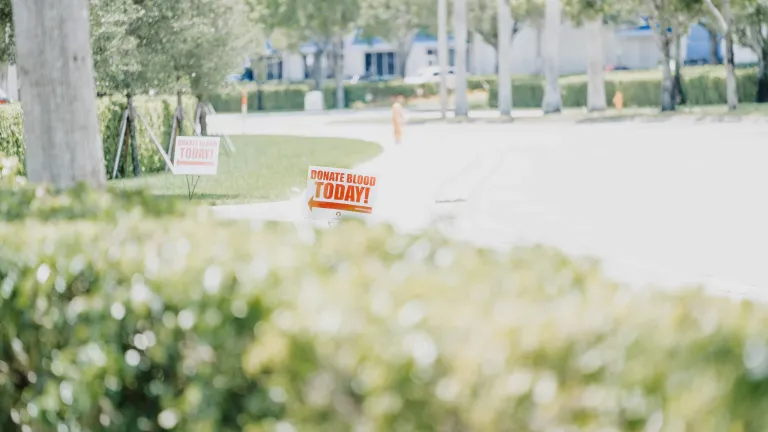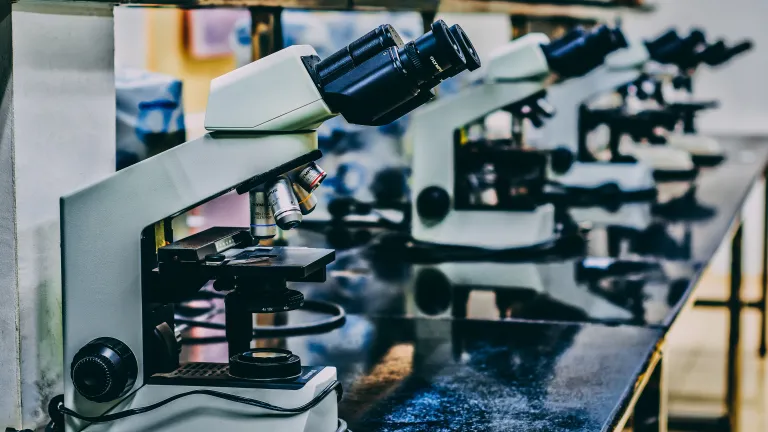Is It a Sin to Donate My Organs After I Die?

According to the Bible, how does God view anyone’s decision whether or not to register as an organ donor? How does God view a person’s decision about whether or not to request that after his or her death, their organs will be removed and transplanted into another person in order to benefit them health-wise?
Generally, people who ask this question know that all things are created by God and the human body is God’s greatest physical creation (Genesis 1:26-27). Each person who asks this question is concerned about whether or not donating parts of his or her body is dishonoring their body. It certainly is true that God expects us to take good care of our bodies and minds and not misuse them while we are living (1 Corinthians 6:18-20). We also should show respect for the body of anyone who has died.
The view of United Church of God is that a person’s decision to donate their organs so they can be transplanted into other people to medically benefit them is not showing disrespect to the body neither is it a sin. The following paragraphs explain why.
Donated organs are extremely valuable as they often increase a recipient’s lifespan, or improve their quality of life, and/or greatly decrease medical expenses (such as for kidney dialysis).
Organ donation is a more wide-ranging subject than many people think. A “living donor transplant” occurs when a living person donates one of their kidneys or part of their liver to immediately help an ailing patient. A “deceased donor transplant” is the transplanting of organs from a deceased person to an ailing patient. The request to be an organ donor is usually made by the would-be donor before he or she dies—although sometimes the decision is made by a spouse or the parents of someone after they die. It’s always good when a person makes their desires known to their family before death. A person can easily learn how to register as an organ donor. In some states in the United States of America, the registration can be recorded on the person’s driver’s license.
Consider how donating organs can be compared to donating one’s blood so it can be transfused into others. Because donated blood is divided into three components, it’s possible that one donation can save the lives of three people.
Consider how donating organs can be compared with surgeries, some of which are done to remove a diseased or damaged organ or part of an organ. If a person doesn’t view the surgical removal of an organ as dishonoring his or her body, it follows that an organ donation after death is not dishonoring the body.
Some people wonder: Is it a sin for a person to request that their organs be donated after they die? The Bible’s primary definition of “sin” is the disobeying of God’s laws, primarily any one of the Ten Commandments (1 John 3:4). The Bible has no law that forbids organ donation, however, remember the importance of each person’s conscience. When a person does something that violates his or her conscience, God considers that action to be a sin even when it violates no law of God (see Romans 14:23).
The hope for life after death is based on God’s plan for “a resurrection of the dead, both of the just and the unjust” (Acts 24:15). After a person dies, what happens to the physical body is not important to God and it will have absolutely no effect on God’s ability to resurrect them. When a body is buried, it turns to dust. When a body is burned, it turns to ashes. When a body is eaten by an animal or fish, it becomes animal food. Whether a body becomes dust or ashes or animal food will have no effect on the person’s resurrection. Likewise, the fact that many bodies will be missing limbs, organs or other body parts will have no effect on each person’s resurrection.
We live in an age that has made amazing advances in medical science. It’s rather awesome that doctors know how to transplant organs from one person to another to improve lives and to save lives. On the Internet one can learn about the many, many serious health problems that are often solved or at least greatly alleviated by patients receiving an organ transplant. Donating organ tissue and organs can significantly benefit as many as eight people!
After the loss of a loved one who chose to be an organ donor, a family can receive significant comfort from knowing their loved one has likely given the gift of life to others.
Many people avoid making end-of-life decisions and many people avoid thinking about subjects that seem psychologically unpleasant. Those thoughts are understandable but the question of whether or not to register as an organ donor is an important decision to consider.
For further reading about the state of the dead and the wonderful hope of the resurrection, please see our free study aid, “What Happens After Death?”






